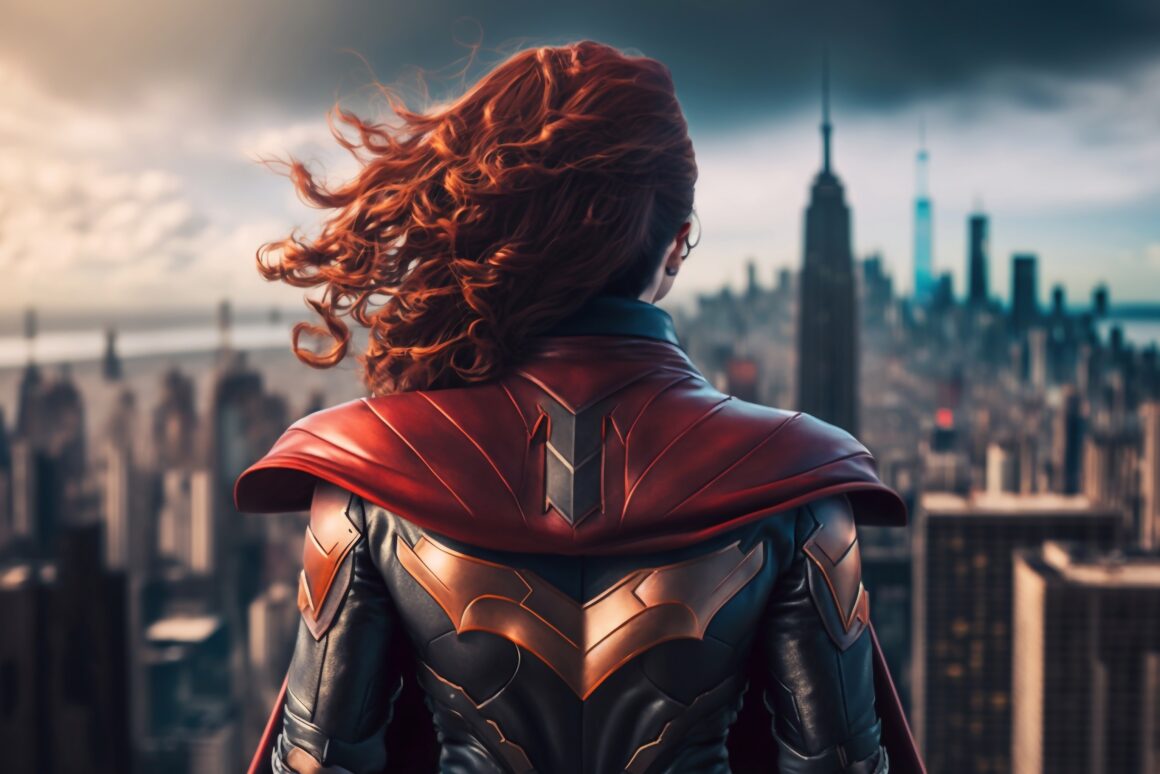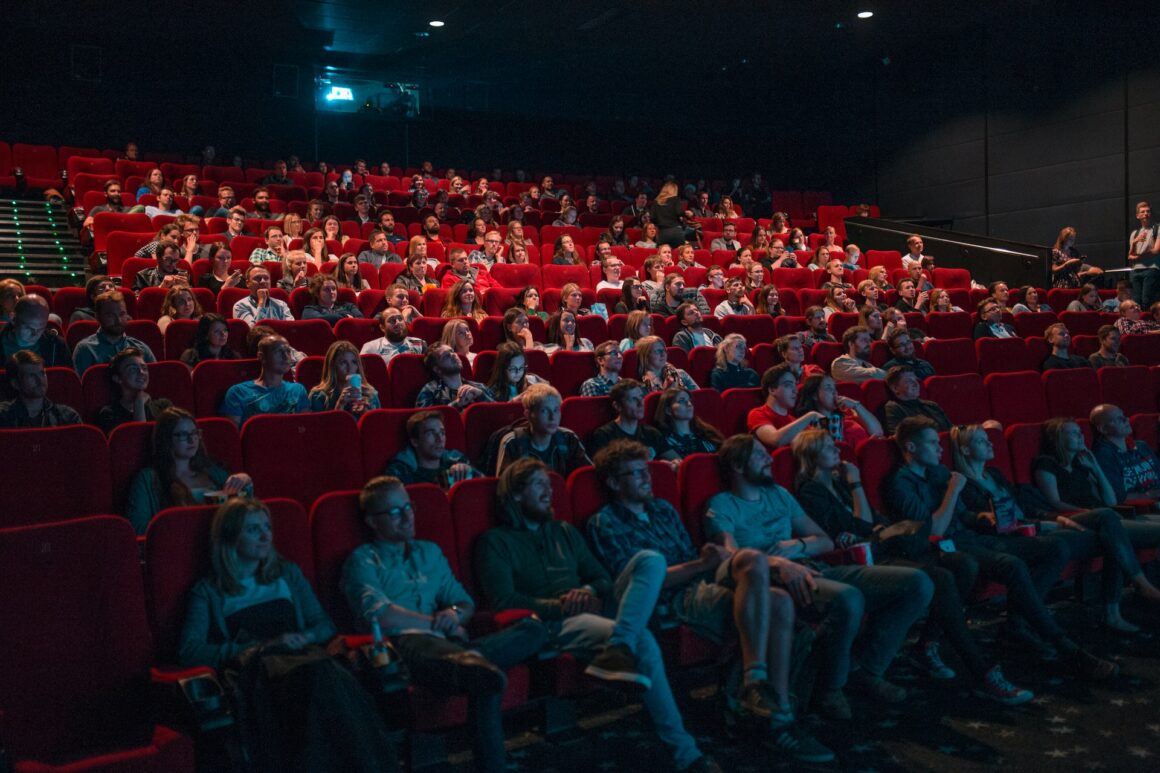By now, you’re sure to have heard of the groundbreaking Broadway show Hamilton: An American Musical. The show swept the Tony awards last June with a record-breaking sixteen nominations and won eleven of them. This time last year, it was at the White House, countless celebrities have gone to see the show, and with the show having opened recently in Chicago and San Francisco, Hamilton seems to be unstoppable.
Ever since Hamilton took the world by storm, Broadway was quick to claim that it was more diverse and inclusive than other media outlets, which at first seems to be a fair assumption. Looking at some of the Broadway plays and musicals that have run within the past year, it does have some solid ground to stand upon.
In 2015, the musical Fun Home was the first musical to have a lesbian protagonist and took home the Tony award for best musical. The revival of Spring Awakening had a deaf cast and covered all of the songs in sign language. In 2016, the same year Hamilton took the world by storm, every award for actor in a musical went to a black person.
All of these examples point to Broadway being a mythical place of representation, inclusion, and diversity, but taking a broader look outside of those examples sets a different scene.
Despite the fact that Hamilton has a cast featuring mostly people of color, the musical itself does not directly focus on the stories of said people of color, and in recent years, there have only been a handful of musicals and plays that have done so. But unfortunately, musicals such as these come once every blue moon, and there isn’t always a guarantee that they’ll be successful.
Just last year, Shuffle Along, a musical about the history of the first black musical to open on Broadway, closed after only one hundred shows last summer. Allegiance tells the story of a Japanese-American family living during World War II, yet almost had very little fanfare or publicity surrounding it despite the fact that it was the only show on Broadway to feature a completely Asian cast.
But while it seems that Broadway and its fans seem to turn a blind eye to this issue, there are some actors who have actively spoken out about it. Last June, Hamilton actor Leslie Odom Jr. brought up this topic during an interview with The Hollywood Reporter.
Writing musicals about America’s racist, slave owning, founding fathers and casting people of color (mostly black people at that) in the main roles, is extremely anti-black and isn’t as progressive as people like to hype it up to be. While the show’s creator, Lin-Manuel Miranda, has stated that he made his decision on casting people of color to highlight the oppression and struggles we still face today. Though the statement sounds appealing at first, and Miranda clearly had positive intentions in his casting decisions, it is still extremely antiblack.
But the tide does seem to be turning in Broadway’s favor. This year, the new musical Natasha, Pierre, & The Great Comet of 1812 features a black female lead, Denee Benton, as the romantic interest. Later this year, Hamilton alum, Okieriete Onaodowan will join Benton, making them the only show on Broadway to feature two black people as leads in a love story. The same musical also features actress Shoba Narayan, who is the only South Asian actress on Broadway this year, and the first to star in a principle role since Bombay Dreams, which ran ten years ago.
So while Broadway has done some amazing things in the departments of representation and inclusion, it still has a bit longer to go before it can continually pat itself on the back for being the most progressive media platform.





Comments are closed.